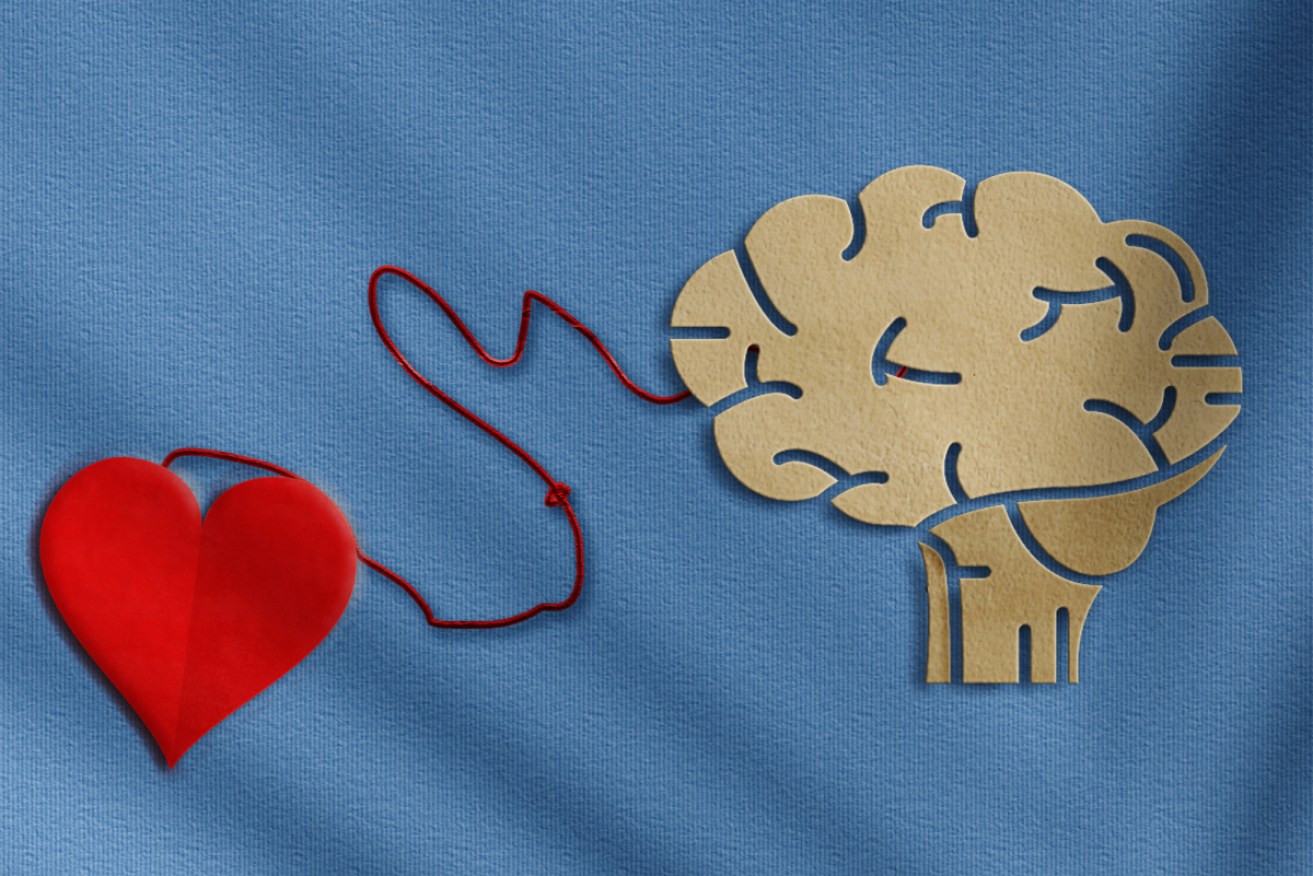Cognitive decline is faster in people who have had a heart attack


Damage to the brain is slow but steady in heart attack victims. Photo: Getty
Does a heart attack eventually lead to dementia or at least cognitive decline?
The nature of a heart attack, which includes a temporary blockage of blood to the brain, and often a weaker heart after recovery, makes it likely.
But studies looking at this question have been surprisingly few.
This week, the American Stroke Association’s International Stroke Conference will hear from Johns Hopkins University School of Medicine researchers who found: “Cognitive function declines faster in people who have heart attacks than in those who don’t … suggesting that preventing heart attacks could help preserve brain health.”
The researchers say their study, not yet published, “is one of the first to look at how sudden cardiac events such as heart attacks affect brain function over the short and long term”.
A slow creeping damage
The researchers pooled data for 31,377 people enrolled in six long-term studies between 1971 and 2017 “to analyse what happens to cognitive function in the years following a heart attack”.
Study participants were free of dementia and had not had a heart attack when they enrolled in the studies.
They were followed for about five to 20 years.
The participants were 60 years old, on average, when they took their first tests for memory, executive function and global cognition, which looks at overall performance on cognitive tests.
The researchers found that cognitive function of those who had suffered a heart attack, and those who had not, between the groups, “did not change significantly immediately after a heart attack”.
Instead, the researchers found that brain health and function “fell faster in the years that followed in those who had heart attacks than it did in those who did not”.
The changes occurred in all three areas of cognitive function.
“We have shown that having a heart attack can be detrimental to your brain health over time,” said lead study author Dr Michelle C. Johansen, an assistant professor of cerebrovascular neurology at Johns Hopkins.
“Dementia is a slow, step-wise process. One doesn’t wake up out of the blue with dementia.”
Dr Johansen said it was “important to know that cognitive decline is a possibility after a heart attack, so physicians are both managing patients’ heart disease and looking for signs of dementia following a heart attack”.
For too long, she said, “we have thought about and addressed heart disease and brain disease as two separate conditions”.








